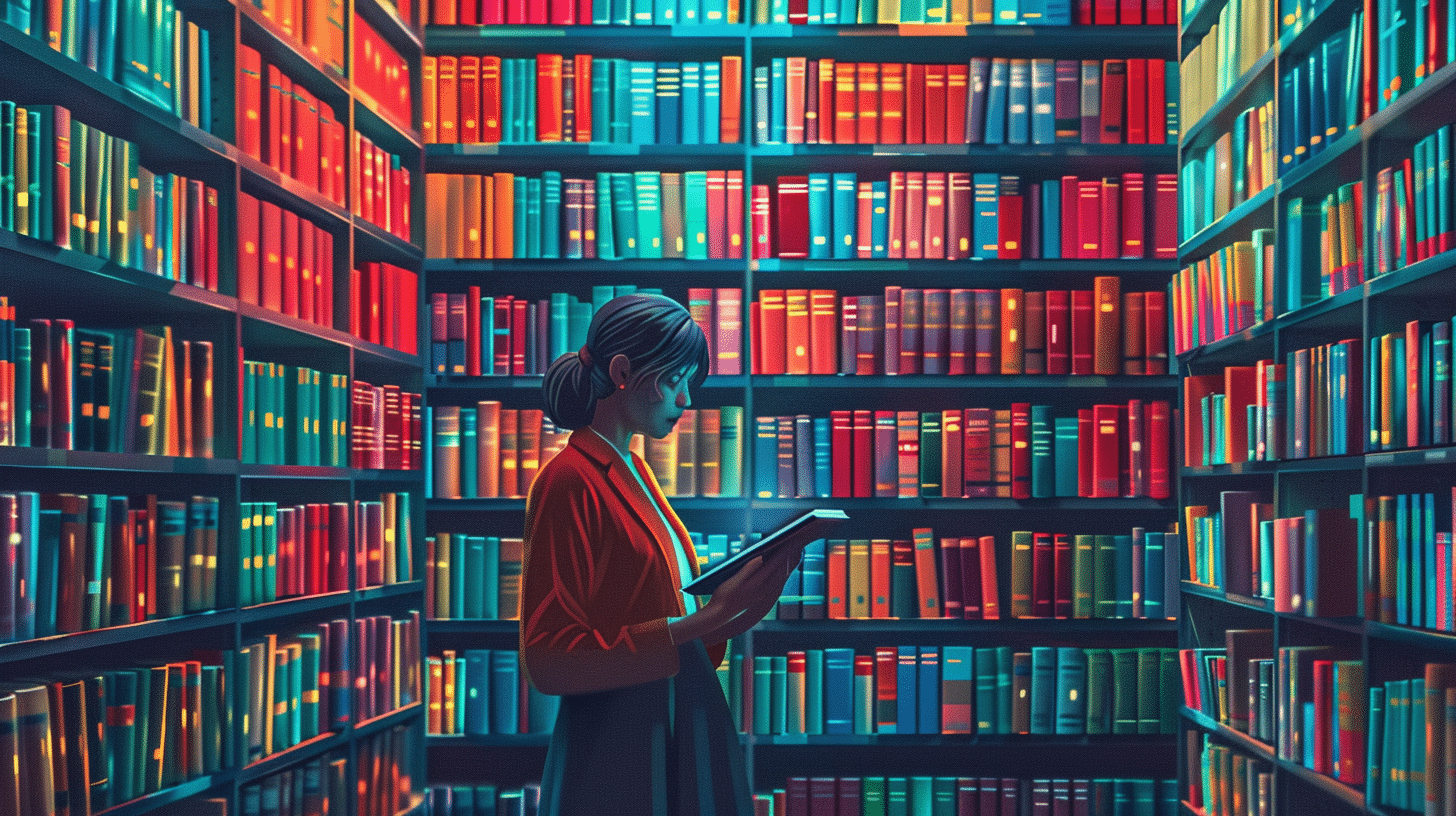Pick a language and start learning!
Reduplication of adjectives Exercises in Chinese language

Reduplication of adjectives in the Chinese language is a fascinating and essential aspect of Mandarin grammar that adds nuance and emphasis to descriptions. This linguistic feature involves repeating an adjective to convey a sense of intensification, completeness, or emphasis on the quality described. For example, instead of simply saying "大" (dà, meaning "big"), a speaker might use "大大" (dàdà) to imply "very big" or "big and complete." This form of adjective modification is not only common in everyday speech but also enriches literary expression, allowing speakers and writers to convey subtle differences in meaning and emotion.
Understanding and mastering reduplication of adjectives is crucial for anyone learning Chinese, as it deepens your ability to communicate more effectively and naturally. This grammatical structure can vary in form and application, depending on the context and the specific adjective used. Through targeted exercises and practice, you can become adept at recognizing and using these forms, thereby enhancing both your comprehension and expressive capabilities in Mandarin. Dive into the exercises provided and explore the intricate beauty of reduplication in Chinese adjectives, and watch your language skills flourish.
Exercise 1
<p>1. The child’s face turned *red-red* after playing outside (color of a face after playing outside).</p>
<p>2. The weather is *hot-hot* today, perfect for swimming (temperature in summer).</p>
<p>3. She felt *happy-happy* when she received the gift (emotion when receiving a gift).</p>
<p>4. The soup tastes *salty-salty*; be careful not to add more salt (flavor of overly seasoned food).</p>
<p>5. The kitten looks *cute-cute* sleeping in the basket (appearance of a small sleeping animal).</p>
<p>6. He was *tired-tired* after running the marathon (feeling after extensive physical activity).</p>
<p>7. The sunset was *beautiful-beautiful* over the mountains (appearance of a scenic view).</p>
<p>8. The room became *bright-bright* when she turned on the lights (lighting condition after turning on lights).</p>
<p>9. The book is *thick-thick*, it will take a long time to finish (physical attribute of a large book).</p>
<p>10. Her voice sounded *soft-soft* when she sang the lullaby (quality of a soothing voice).</p>
Exercise 2
<p>1. The weather today is *凉飕飕* (cold and windy).</p>
<p>2. The cake she made is *甜滋滋* (sweet).</p>
<p>3. His face turned *红扑扑* after running (red).</p>
<p>4. The little girl’s eyes are *亮晶晶* when she smiles (bright).</p>
<p>5. After the rain, the leaves are *绿油油* (green).</p>
<p>6. Her voice sounds *脆生生* on the phone (crisp).</p>
<p>7. The sky is *蓝湛湛* today (blue).</p>
<p>8. The baby's skin is *滑溜溜* (smooth).</p>
<p>9. The apple is *香喷喷* (fragrant).</p>
<p>10. The room is *干干净净* after cleaning (clean).</p>
Exercise 3
<p>1. The little puppy is *小小*的, it looks very cute (an adjective describing something small).</p>
<p>2. The sky is *蓝蓝*的 today, it's a beautiful day (an adjective describing color of the sky).</p>
<p>3. After the rain, the ground is *湿湿*的 (an adjective describing wetness).</p>
<p>4. The apples are *红红*的, they look very fresh (an adjective describing fruit color).</p>
<p>5. Her voice is *甜甜*的, everyone likes to listen to her singing (an adjective describing a sweet sound).</p>
<p>6. The flowers in the garden are *香香*的, they smell wonderful (an adjective describing fragrance).</p>
<p>7. The children are *高高*兴兴地 playing in the park (an adjective describing happiness).</p>
<p>8. His face turned *红红*的 when he was embarrassed (an adjective describing facial redness).</p>
<p>9. The new shoes are *干干净净*的, they haven't been worn yet (an adjective describing cleanliness).</p>
<p>10. The sun is *亮亮*的, it is shining brightly in the sky (an adjective describing brightness).</p>







